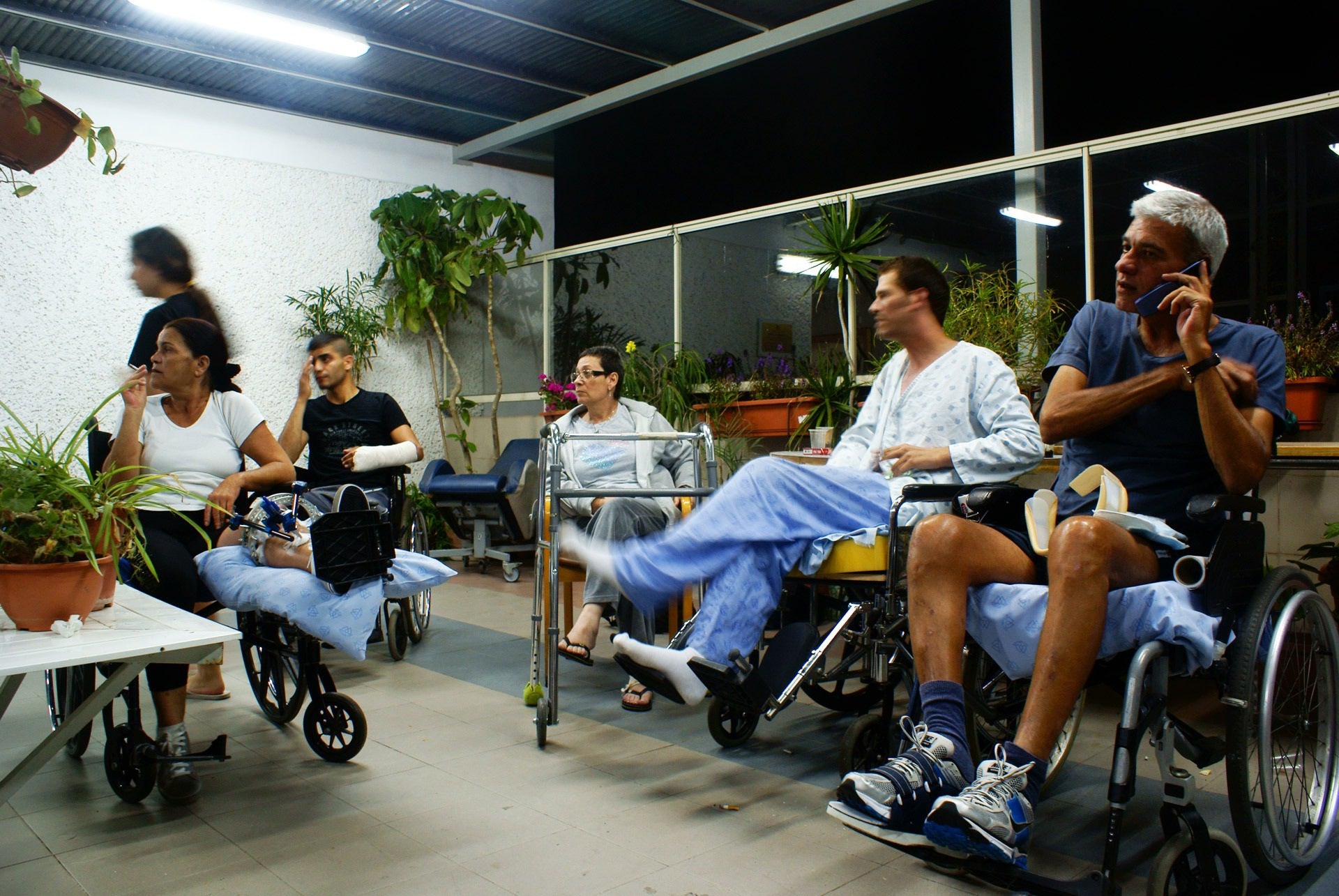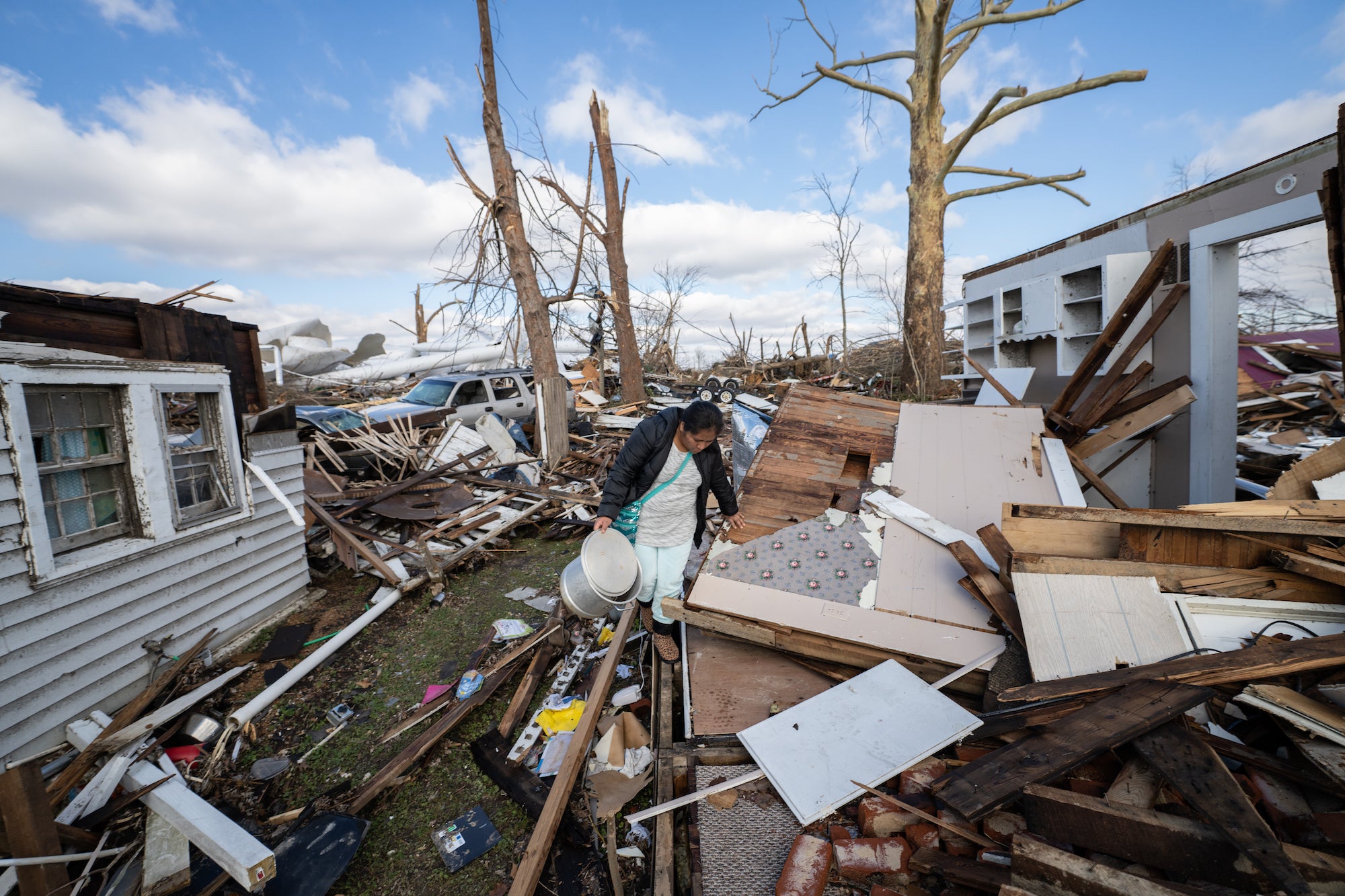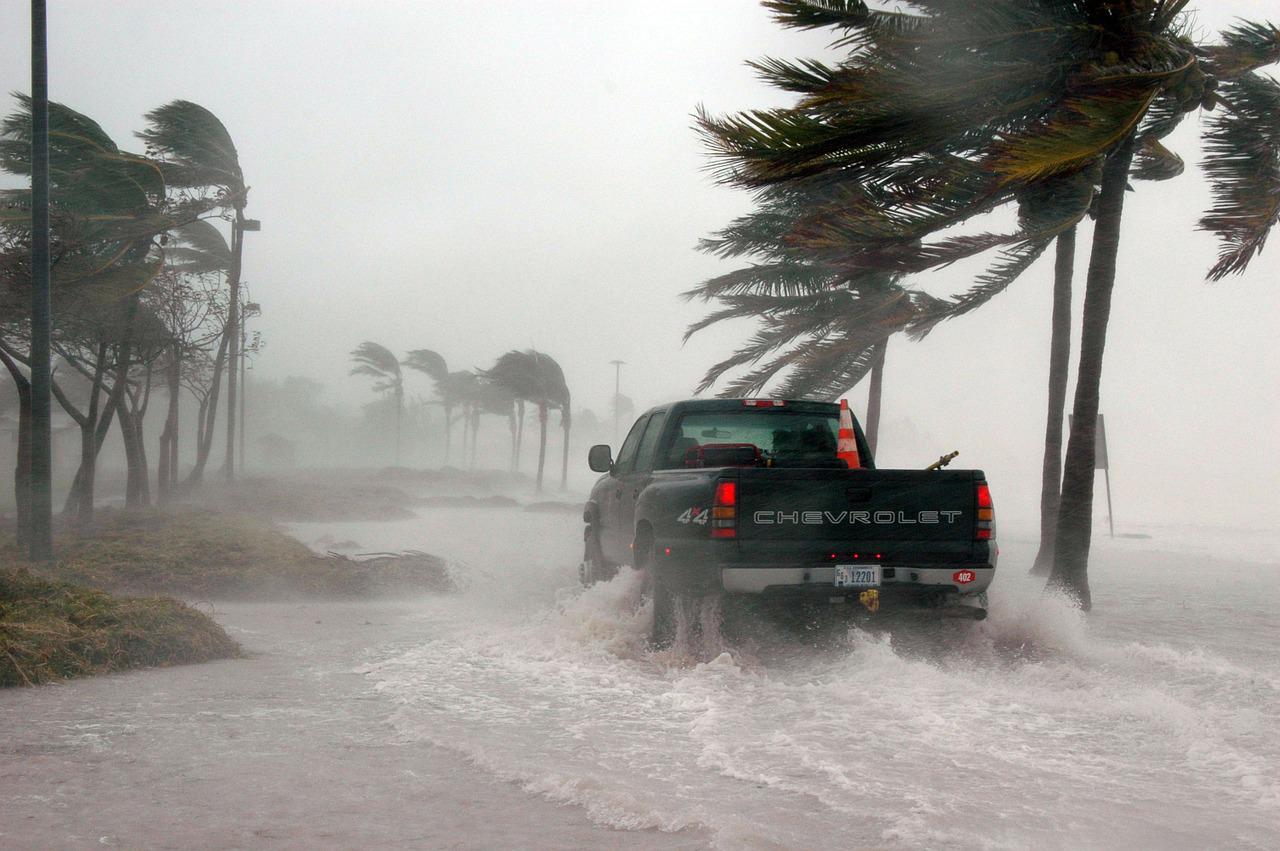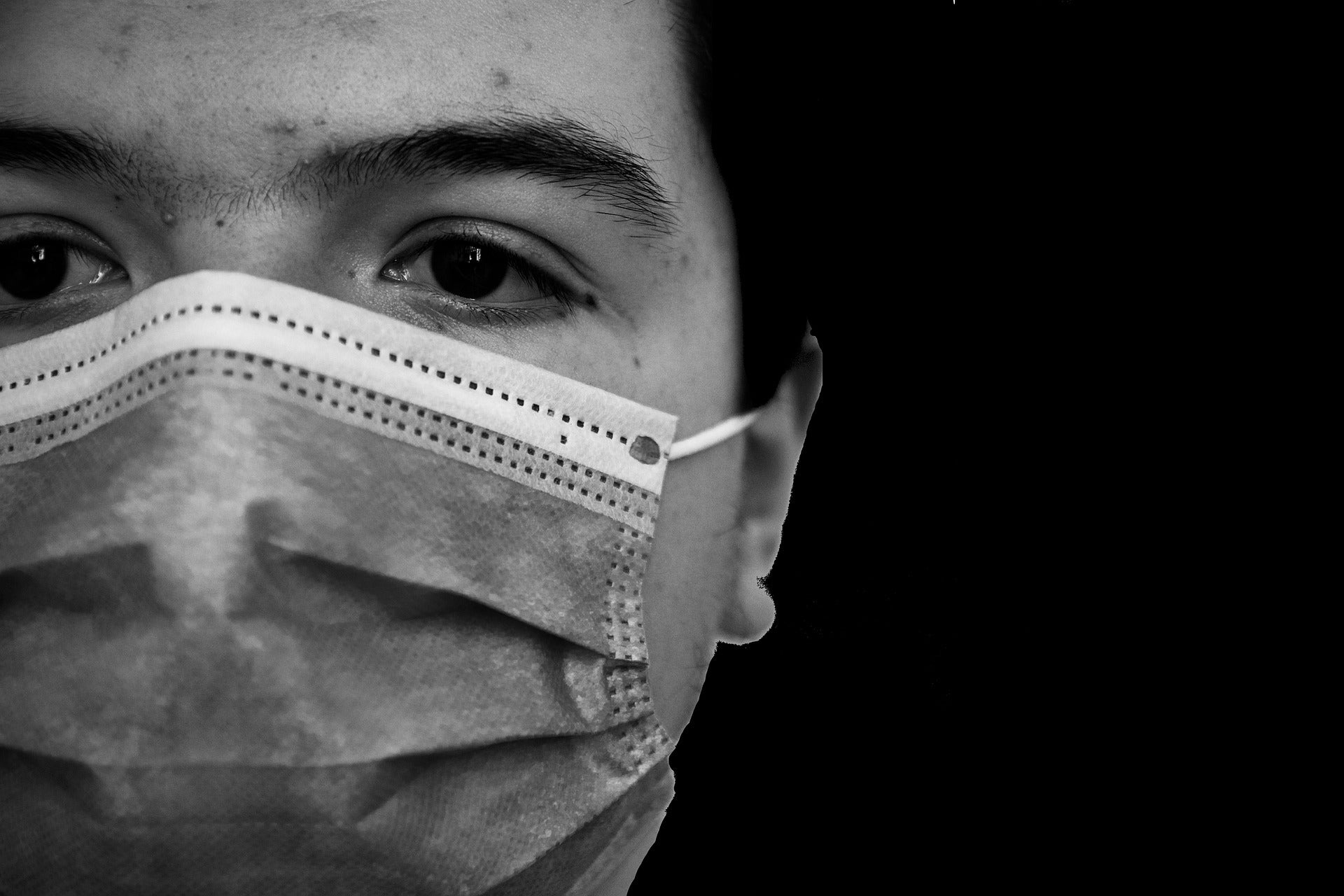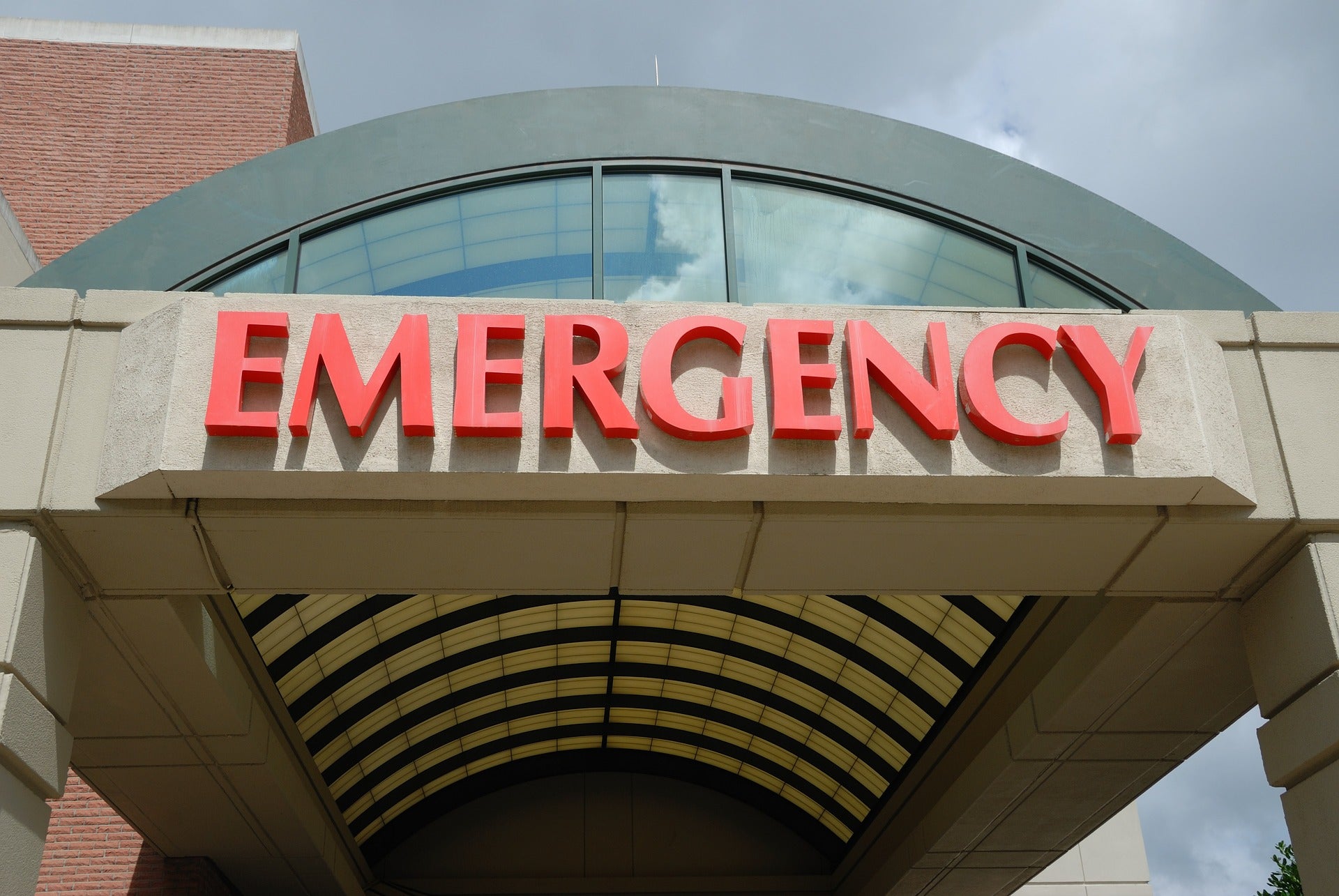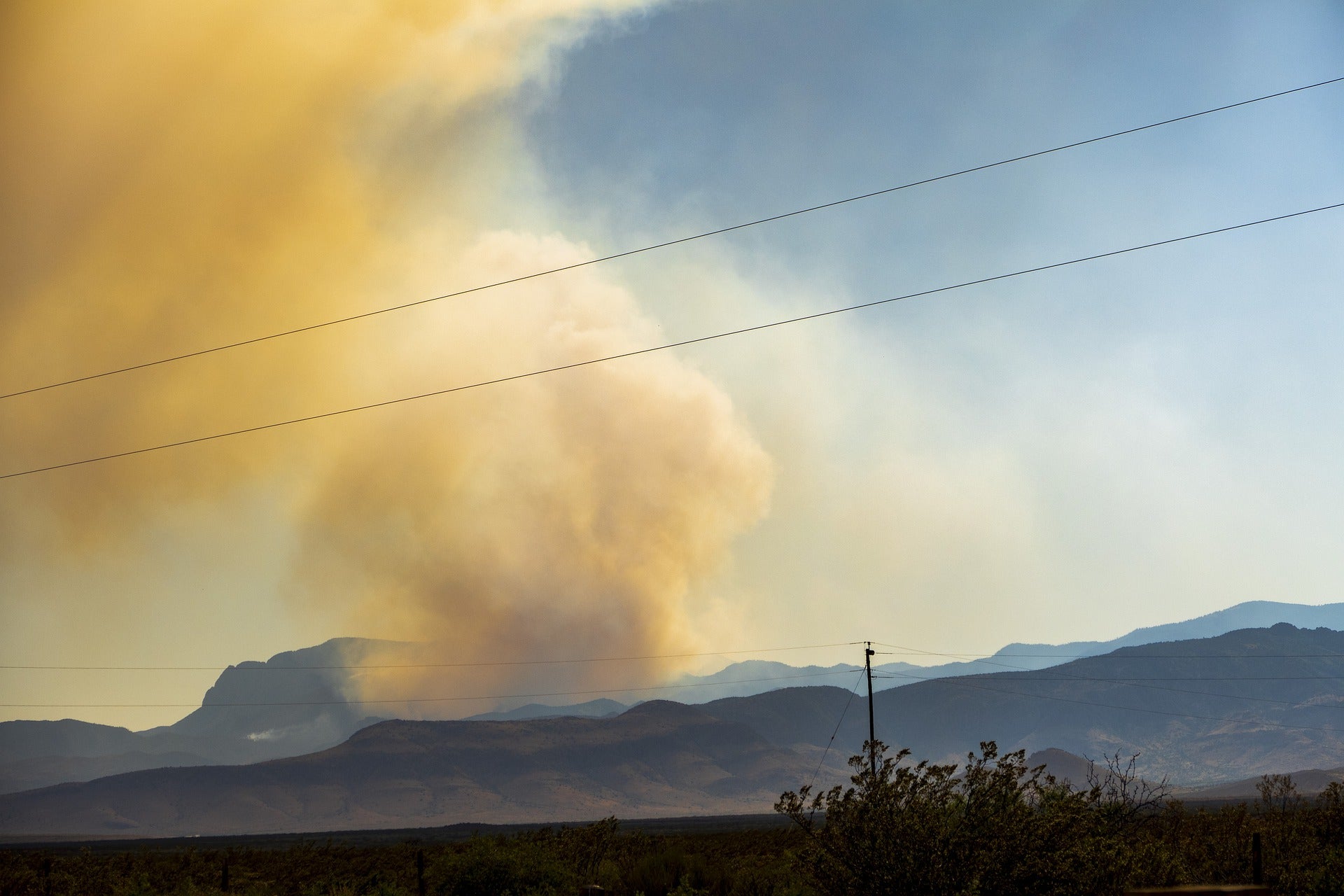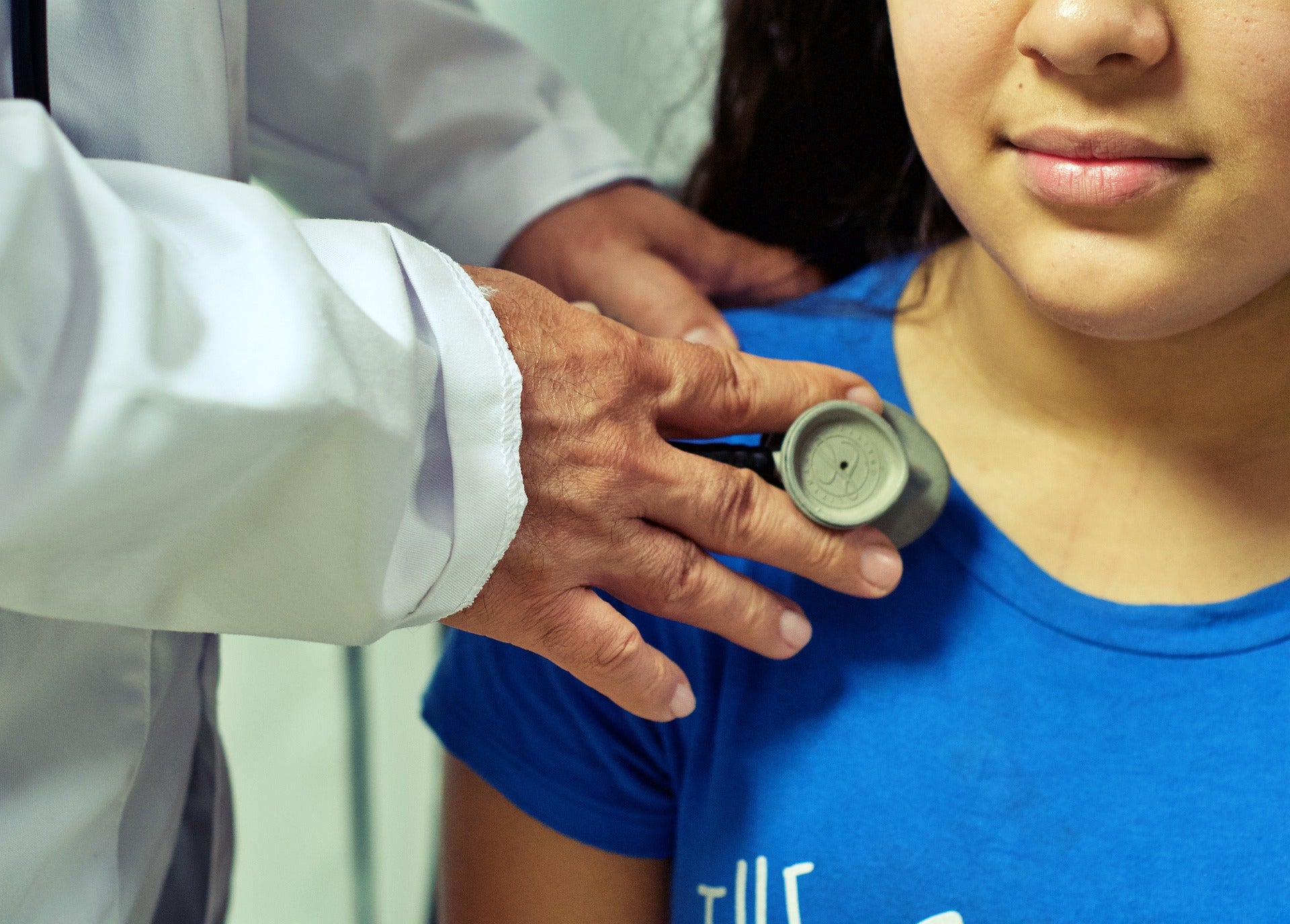Recent storms have devastated hospital infrastructure. Hurricanes can disrupt health care delivery through power outages, supply shortages, and limiting access to care due to closed hospitals and flooded roads.
A study led by our Director Dr. Aaron Bernstein is the first to systematically investigate flooding risk to nearly 700 U.S. hospitals on the Atlantic and Gulf Coasts from Category 1-4 storms as climate change worsens and sea levels rise. It was published in GeoHealth by the Center for Climate, Health, and the Global Environment at Harvard T.H. Chan School of Public Health, Boston University School of Medicine Department of Family Medicine, and PSE Healthy Energy.
Key takeaways
- 25 of 78 metropolitan statistical areas on the U.S. Atlantic and Gulf coasts have half or more of their hospitals at risk of flooding from relatively weak hurricanes.
- 0.82m of sea level rise expected within this century from climate change increases the odds of hospital flooding 22%.
- In 18 metro areas, at least half of the roads within 1.6 km of hospitals were at risk of flooding from a Category 2 cyclone.
As hurricanes become more severe and strike further north due to climate change, hospitals that have never had to deal with flooding before must prepare for new challenges, according to the study authors. Creating plans that build on best practices can protect hospital infrastructure and patient health.
The 10 metro areas where a Category 2 hurricane threatens access to hospital care most are:
- Miami-Fort Lauderdale-West Palm Beach, FL
- New York-Newark-Jersey City, NY-NJ-PA
- Boston-Cambridge-Newton, MA-NH
- Orlando-Kissimmee-Sanford, FL
- New Orleans-Metairie, LA
- Tampa-St. Petersburg-Clearwater, FL
- North Port-Sarasota-Bradenton, FL
- Jacksonville, FL
- Cape Coral-Fort Myers, FL
- Philadelphia-Camden-Wilmington, PA-NJ-DE-MD
Related media:
- Hospitals in Coastal Cities Risk Flooding Even in ‘Weak’ Hurricanes, Study Finds (The New York Times)
- Hundreds of hospitals at risk of hurricane flooding (Scientific American)
- Boston’s hospitals among the nation’s most vulnerable to dangerous hurricane flooding (Boston Globe)
Authors
“Flood risk to hospitals on the United States Atlantic and Gulf Coasts from hurricanes and sea level rise” by A. T. Tarabochia-Gast, D. R. Michanowicz, and A. S. Bernstein, doi/10.1029/2022GH000651












